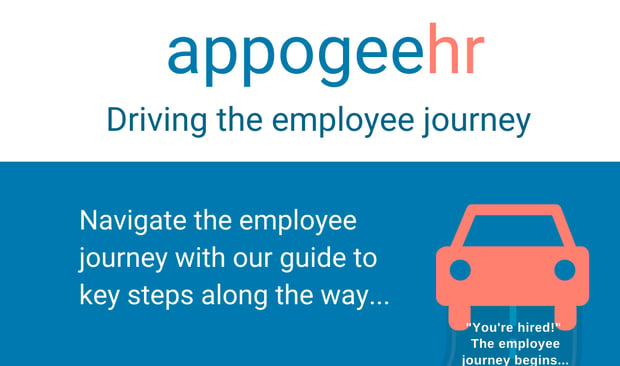Turning the tables on tracking time: why it’s a positive for your employees

Tracking employees’ activity needn’t evoke ‘Big Brother’. It can actually be a caring approach to employee wellbeing, reward and recognition.
Let’s not beat around the bush. The mass transition to working from home isn’t resting easily with all managers. New freedoms to work outside traditional hours are (understandably perhaps), causing employers to worry about when exactly their staff are actually starting work and what they’re working on.
Data from the likes of Deloitte suggests only 55% of workers now think their colleagues are as productive as they were pre-Covid-19 - cue the recent growth of remote working tracking technology and tech that literally spies on staff.
In December 2020 YouGov revealed one in five businesses were now using tracking technology of some sort, while one in seven firms said they had increased their use of it since the coronavirus pandemic.
Surveillance or safeguards?
For some this technology – increasingly known as ‘tattleware’ – resembles an unwelcomed return to pre-enlighten times of ‘monitoring and surveillance, where inputs (‘time-in’), rather than outputs (‘results out’) are once again the dominant measure. Certainly, for firms, that simply resort to measuring minutes-worked rather than the innovation, ideas, or creativity their teams create, this would be a worrying turn of events. And technology is not without its controversy.
Until April 2020, even Zoom had an “attention tracking” feature that allowed managers to check if users were actively viewing an ongoing meeting (this feature was later removed due to privacy concerns).
Employers also have a right to expect minimum levels of work and need to know what’s going on in their businesses. Research also suggests hybrid-working is just as likely to engender over-working and burnout as it is underworking and slacking off (the average remote worker now puts in a 25% longer day), caring employers are presenting measurement tools much more for wellbeing purposes rather than for remonstrating.
Tracking can also uncover sentiment and broader cultural problems. Staff who are found to be consistently taking longer than they need to on certain projects can be identified as potentially highly disengaged, and the reasons can be established.
Maybe they have health and wellness issues that they have been hiding? Maybe they’re likely to leave because there are structural issues affecting them? Once found out, appropriate restorative action can be taken - especially if people identified are usually star performers, and losing them will be a wrench.
Thankfully there is a better way to keep track of employees time, without spying.
Transparency is key
When viewed in this more caring light, time-tracking technology doesn’t have to be invasive and impersonal. In fact, if it helps manage people’s wellness, and feeling of being in control, evidence suggests employees broadly support it.
Accenture finds that 52% of employees believe that mishandling of data damages trust but also suggests that if transparency, openness, and employee involvement are cultivated from the start, then employees do accept that employers have a right to see how they’re managing their workloads.
Remember, a positive of using time tracking is that as well as underperformers being identified, top performers also have a platform to be celebrated too. Perhaps these are people that have been overlooked or under-appreciated before. Congratulating these, with shout-outs, peer recognition or even bonuses actually creates a culture of meritocracy – where data does the talking on who is deserving of praise.
It can also help identify who might be working too many hours on projects and, as a result, not taking enough time for learning and development. This is a key area of employee happiness and motivation but also can help businesses as satisfied employees at the top of their game are of paramount importance to industries whose customers require the best and most innovative people working with them.
At a time when employees rightly worry that working from home could see them lose out on promotions/training/learning opportunities against those who mainly come to the office, any tool that levelsthe playing field has to be a help. Tracking doesn’t have to be tricky. It just has to be fair.
We offer basic clock-in and clock out with both of our Appogee HR packages. For more in-depth project tracking information, Appogee Time can help you track employee time against customers, projects, and teams and is fully customisable to your requirements, to enable you to see the important information without needing to spy on your staff.
Want to find out if Appogee Time is right for your business? Start your 14 day free trial of any of our people software solutions here or book a demo with a member of our team.
.webp?height=168&name=appogeehr%20(1).webp)




.png?width=620&height=372&name=Customer%20Success%20Story%20template%20(2).png)